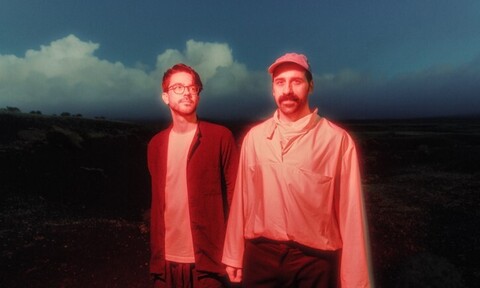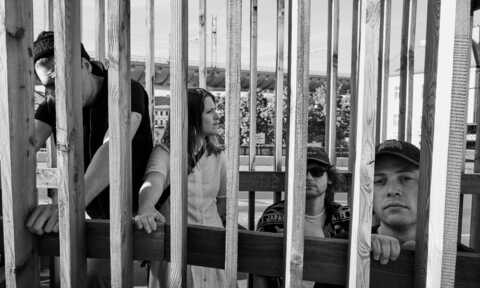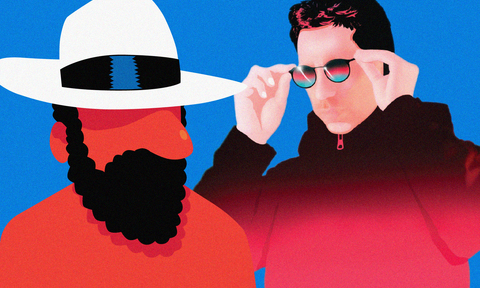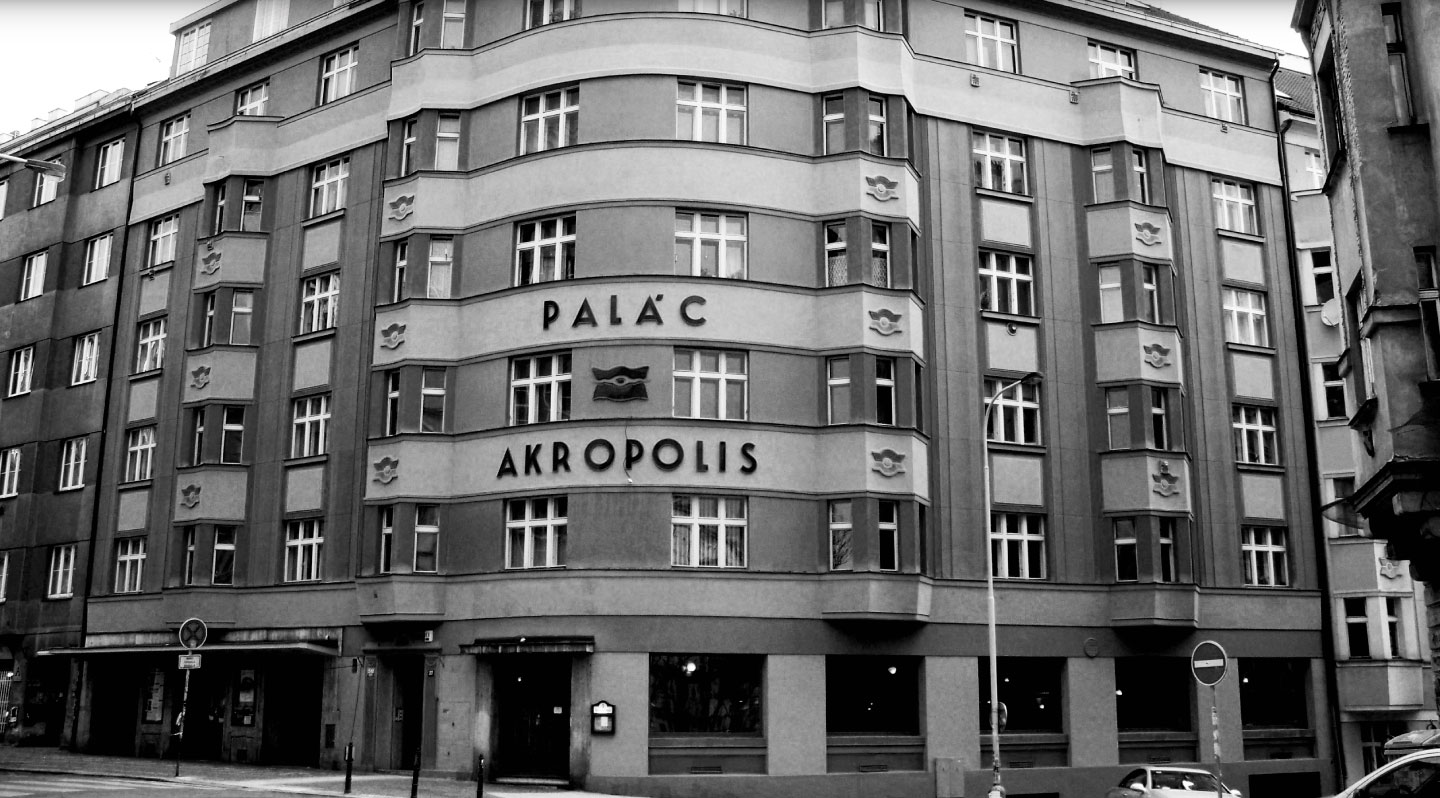|
Monday 3. 5.
info I love theatre and theatre photography. Photography that harbors within itself emotion, elegance, beauty, refinement, ruggedness, wildness, energy, minimalism, reality and inter-pretation. Photography that is able to pinpoint important relationships and give them direc-tion. Photography that can show more than a theatre-goer is able to see. Photography for which a correctly understood moment, a unique and unrepeatable instant, means as much as the artistic and dramatic feeling of the photograph. Theatre photography. Abstraction, reduction, composition and technical craft, sense of teamwork, humility, but also impe-tuousness, persistence, and diligence, these are some of the characteristics that theatre pho-tography should have. Thus, a person, who on the sensitive layer of film or on a digital chip records the light reflected off of individual theatre characters and objects and through his craft and feeling not only preserves their existence but also bestows upon them his opinion, which in combination with the opinions of the creators and protagonists of a dramatic work creates an artistic image. An image stemming from an artistic reality, already created by someone before the photographer, an image created by the vision of the photographer that passed through the lens of the camera and remained. Činoherní Studio began to operate professionally in 1972 in the wreckage of the normali-zation of the forbidden Kladivadlo. In its first twenty years of existence a range of famous Czech authors, translators and later movie stars (Josef Topol, Jaroslav Vostrý, Milan Kun-dera, Leoš Suchařípa, Karel Steigerwald, Jan Kačer, Karel Roden, Jiří Schmitzer, Jiří Bartoška, Ivana Chýlková, Jan Hrušínský, Karel Heřmánek…) passed through its doors. David Czesany became artistic director in 1997. The company succeeded in adapting the studio scope of the theatre to the situation of the 1990s. In 2001 ČS received the Alfréd Radok Foundation award- Theatre of the Year 2000. In spring 2002 the theatre was washed out and moved to a two-year post-flood provisional setup, the company returned to the reconstructed ČS in November 2004. The current ČS company began to form in January 2005 with the start of the artistic director Natália Deáková (replaced by Vladimír Čepek since October 2006) and is the sixth generation of “generational theatre” in Ústí. Dramaturgy is built on two pillars: the presentation of classic texts in potent directorial interpretation and the presentation of contemporary Czech and international new works. Furthermore, the tradition of authorial theatre is supported in Ústí, and just as texts are conceived directly at ČS, so are texts written for ČS by allied authors. In this exhibit Klára Žitňanská presents photography from three contemporary Ústí productions: Bohové hokej nehrají (Gods Don’t Play Hockey, Petr Kolečko/Filip Nuckolls), Láska práce, láska práce (Love work, love work, Johanna Kaptein/ Natália Deáková) and Benefice – Zachraň svého Afričana (Benefit- Save Your African, Ingrid Lausund/Filip Nuckolls). |
|
























